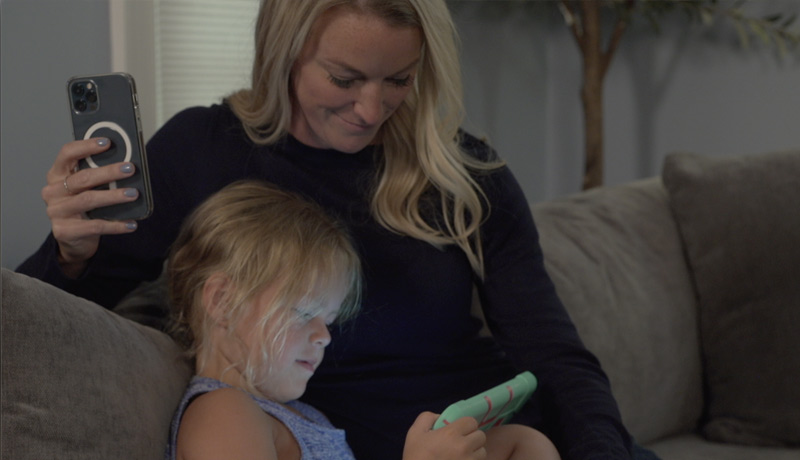
SANS Institute has launched #SecureTheFamily initiative to help protect families online. With the global #SecureTheFamily initiative, SANS Institute (SANS) is encouraging everyone to spread security awareness programmes beyond the boundaries of the office this October in honour of Cybersecurity Awareness Month, and to help all employees and coworkers apply the lessons learned at work to protect their families and friends.
As more people work from home, remote e-learning has risen dramatically, and Wi-Fi-enabled “smart” devices increasingly occupy numerous facets of our everyday lives, we are more digitally connected than ever before. Connected personal assistant devices can control smart home devices, digital refrigerators can track food inventory, video monitors let you keep an eye on your child from anywhere using your smartphone, thermostats and light bulbs can connect to your home Wi-Fi, and some washing machines let you schedule wash cycles in advance remotely. Our youngsters are well-versed in the latest smartphone models, yet our aged parents require assistance with theirs. All of this connection provides numerous advantages and conveniences, but it also increases the danger associated with each linked item.

“Every personal device used is a potential entry for system threats,” says Heather Mahalik, Digital Forensics Expert, SANS Faculty Fellow, Cellebrite Senior Director of Digital Intelligence, and mother of two. “Cyber attackers can target anyone’s home – no one is invulnerable,” she says.“Risks to our digital safety are everywhere, but there are steps you can take to protect yourself and your family. Ms. Mahalik developed the SANS Security Awareness curriculum for #SecureTheFamily with practical advice on securing personal devices and data and how to keep families safe online.
Ms. Mahalik points out a few common misunderstandings about personal security, such as the belief that your home network is too tiny to be vulnerable to a cyberattack and that your smart devices are secure right out of the box. So, how do we keep our homes safe and, more importantly, our families safe? Ms. Mahalik brings out a few essential points:
Most of us are aware of the importance of backing up our data, but how often do we actually do so? And are we certain we know where it’ll end up? Our data security is dependent on healthy habits such as strong password organisation and regular backups. Separate your work from your personal belongings and family storage plans so that critical information isn’t shared with others who don’t require it.
Another important step is to protect your WiFi network at home. Make sure you alter the network’s name first – don’t use your last name or leave it as “Admin.” Change the network password to something your family will remember but that strangers will have a hard time guessing.

Our children and teenagers confront a variety of dangers when they log into their gadgets, including cyberbullying and potential exposure to internet predators through social media and video games. According to studies, 40% of adolescents in grades 4-8 have linked or interacted with a stranger online, 51% of all teens use at least one social networking app on a regular basis, and 90% of teenagers have regular access to a mobile device. Because tweens and teens spend so much time on their electronic devices, parents may find it difficult to strike the right balance between security and accessibility. To maintain their children’s online privacy, parents must monitor their children’s online activities and set screen time limits.
Our children, from very young babies to high school students, are more likely than ever to be attached to one or more digital devices, which poses a significant risk. We must protect our children by securing their devices as parents. Set a passcode, enable FindMyDevice to find or lock a lost device, and create a phone number/email that can be used to verify your information on Android devices. Set a passcode on your Kindle/eReader, use FindMyKindle to locate or lock a lost device, and update your personal information to include your name and email address in case the device is misplaced. Set a passcode for all iOS devices, activate FindMyPhone to find or lock a lost device, generate a phone number/email that can be used to confirm your iCloud information, and make iCloud or iTunes backups.
Set passcodes on school-issued Chromebooks and other devices, know what location traces are being tracked, and make sure kids are well-versed in Internet safety. Many children and teenagers will attempt to circumvent the security features on their devices, so be wary of jailbreaks, hacking, and other ways that youngsters may use to expose themselves to further security threats.
The #SecureTheFamily campaign will assist you in better educating your employees, friends, and family about how to secure personal data and home gadgets, as well as how parents can protect their children and teens online.
“Because it’s never too late to practice good cyber hygiene,” reminds Ms. Mahalik.